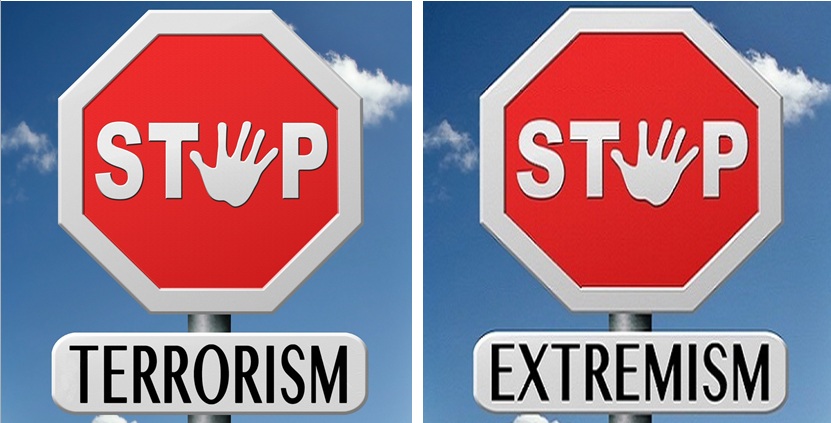GEOPOLITICAL INTERESTS AND THE DANGER OF TERRORIST AND EXTREMIST ORGANIZATIONS
Recently, in the Central Asian regions, the clash of interests of the world's superpowers has caused the growth of terrorist and extremist factors. The leaders of extremist groups hide under the guise of "political refugee" in different countries of the world and sanction plans to destabilize Tajikistan and the Central Asian region. One such organization is the terrorist and extremist organization Islamic renaissance party, which aims to destabilize Tajikistan. In his book Colleman devoted to the activities of the "Group - 300", one of the functions of the world elite was called the terrorism abuse.
Negotiating and making agreements with terrorists in favor of the world elite is part of the policy of the superpowers. As a result of political disagreements between the superpowers and heads of individual states, the superpowers are very quick to use the "services" of terrorist groups in destroying one or another leader they do not like. The 37th session of the Organization of the islamic conference (OIC) was held in Dushanbe from 18 to 21 May 2010, with counter-terrorism and extremism high on the agenda.
In September 2009, an international symposium entitled "Abuhanifa's heritage and its significance in the dialogue of civilizations" was held in the city of Dushanbe, dedicated to the 1310th birth anniversary of Abu Hanifa Numan bin Sabit - the Great Imam, and again the common opinion of the people on preventing religious extremism and pollution of the Hanafi religion in Tajikistan by radical movements was heard from the rostrum of this gathering. In addition, the International Symposium on " Abuhanifa's heritage and its significance in the dialogue of civilizations", which was held on October 5, 2009 in Dushanbe city, proved more clearly that Islam is not linked to extremism and terrorism.
In order to educate the younger generation in accordance with the requirements of the time and to prevent their involvement in religious schools, the Government of the Republic of Tajikistan has issued a number of laws in this direction. These include the Law "On Education" and the "Concept of Transition to a New System of General Secondary Education in the Republic of Tajikistan" adopted in 2010.
In conclusion, it should be noted that in the period from 2000 to 2010, the political threat of extremist movements to society compared to the 1990s decreased. But on the other hand, these movements came to the surface in a new form of regional terrorism. During this period, the wave of terrorist movements in Central Asia received direct support from the Taliban movement.
In this connection, between 2001 and 2010, the Government of the Republic of Tajikistan banned all activities of terrorist and extremist organizations in Tajikistan. Thus, the activities of such worldwide terrorist networks as Al-Qoida, the Islamic movement of East Turkestan, the Islamic party of Turkestan, Taliban movement, the Muslim brotherhood, Lashkar-ut-Toiba, the Islamic group Society-ut-Tablig, the missionary religious organization Tabligh Community and Hizb-ut-Tahrir were outlawed in Tajikistan.
Abdurahmonov Z.V., Nazaraliev F.
Translated Ismoilov R

